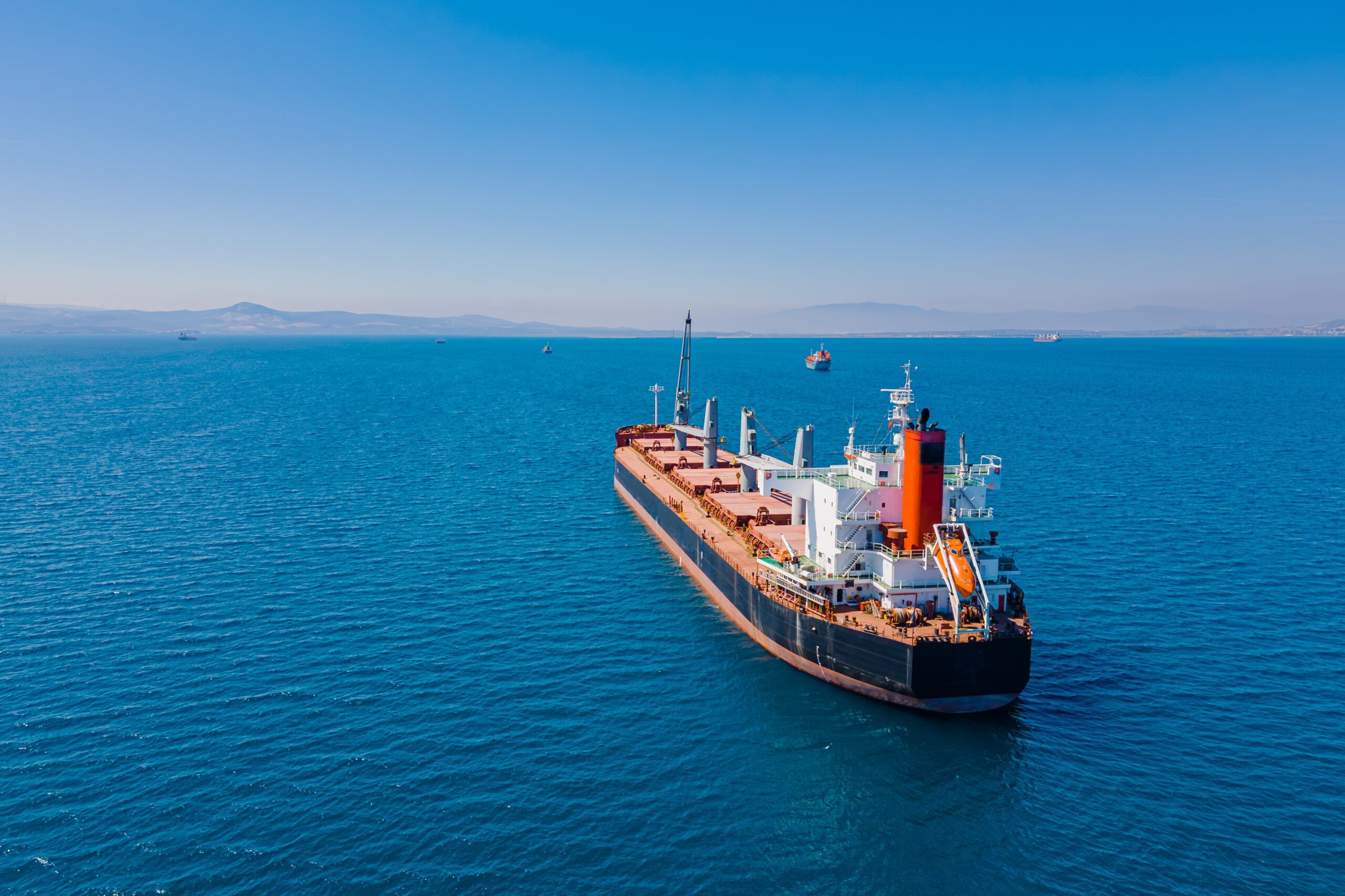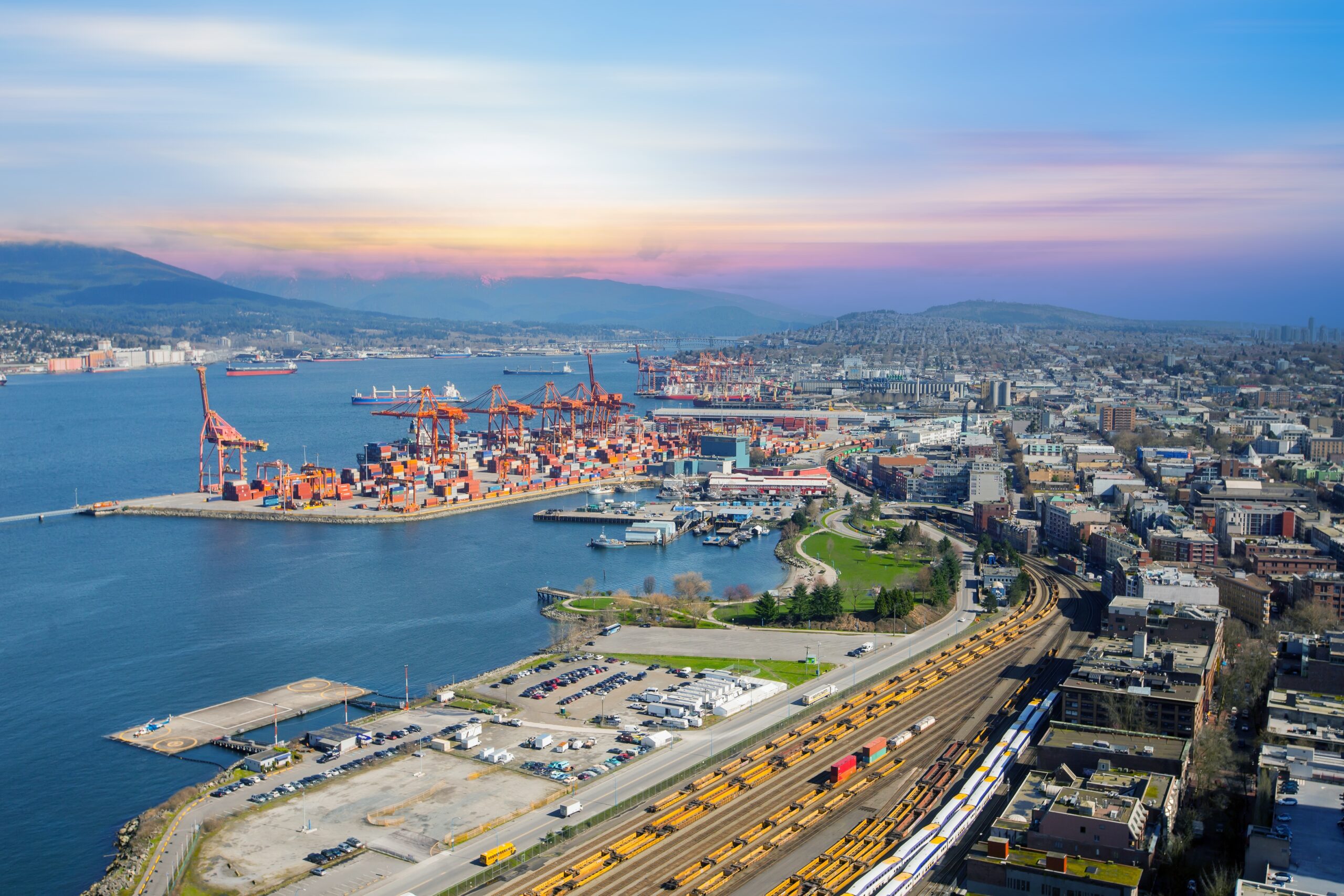Red Sea Events Driving Container Ship Carbon Emissions to New High

The Suez Canal is a major artery in the global supply chain through which approximately 12% of global trade, including 30% of container traffic, passes each year.
The recent, ongoing attacks on commercial ships in the Red Sea have prompted vessels to reroute, forgoing the Suez Canal to take safer transit around the Cape of Good Hope in South Africa. This variation can add 4,000 nautical miles and ten days to a voyage and requires more fuel, resulting in a significant increase in maritime carbon emissions.
25% Increase in Emissions per TEU
CO2 emissions per day per TEU have increased by 25% for ULCVs and 17% for Neopanamax container vessels for the first ten days of 2024 as compared to all of 2023. These are driving a 7% increase in CO2 emissions per day per TEU for the entire global container fleet when comparing the same periods.
“This is an important perspective as we work together to reduce maritime emissions.”
– Kristy Bohling, CargoMetrics Head of Program Management

CargoMetrics Maritime Emission Benchmark Products
These insights were obtained from the CargoMetrics Maritime Emission – Global Benchmark products that measure global shipping carbon emissions and fuel consumption. The products are available in daily, weekly, and monthly versions and include data by vessel class (tanker, dry bulk, and container) and size. The monthly products, including sample data and data dictionaries, are available now on Amazon Data Exchange.
CargoMetrics’ Better-Built Data™
CargoMetrics has long been a leader in the analysis of global maritime trade with a team experienced in data science, financial markets, and maritime trade. Data from CargoMetrics powers analytic applications used and trusted by some of the world’s leading hedge funds, investors, and maritime shipping & logistics firms. CargoMetrics publishes a collection of global commodity trade products relating to crude oil, refined oil, LNG, LPG, iron ore, coal, grains, and palm oil and continues to release new products relating to maritime emissions (including carbon trading) and shipping activity.



